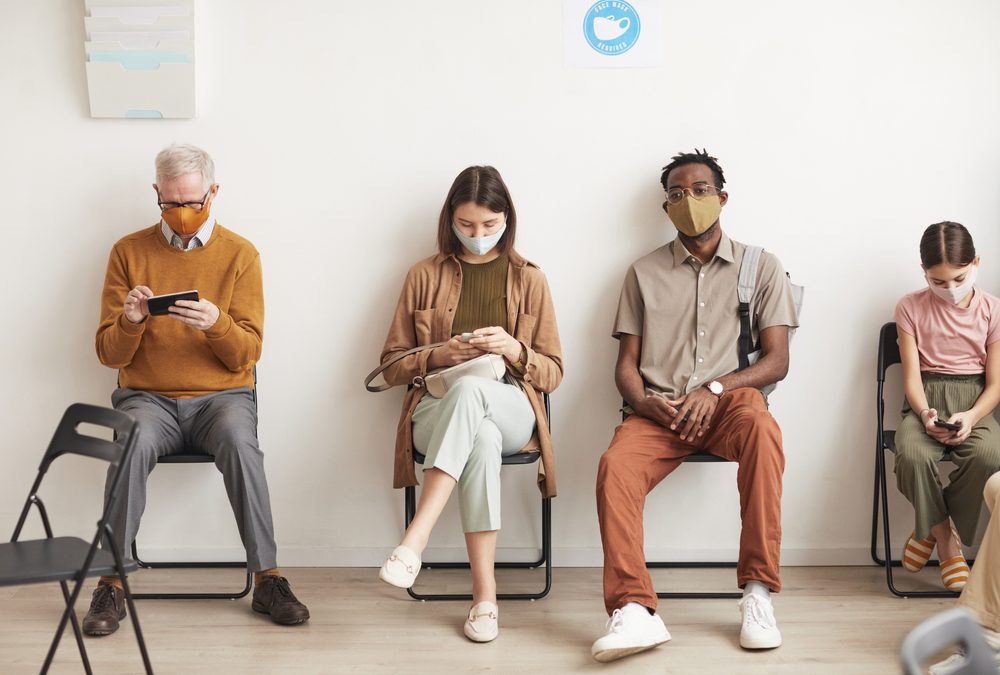Following the premiere of Bioethics International’s new diversity index in 2023, how can clinical trial translations improve a company’s future rating? Diversity in clinical trials has been a hot topic in recent years, even prompting the U.S. Food and Drug Administration (FDA) to release draft guidance for a Race and Ethnicity Diversity Plan to help improve enrollment of participants from underrepresented racial and ethnic minorities. Yet no objective measures have shown how clinical trial sponsors – often pharmaceutical industry leaders – are performing presently on diversity, until now. Based on an analysis of pivotal clinical trials associated with oncology drug approval, the diversity index rated 25 individual pharmaceutical companies, awarding only one company a score of 100, seven companies a Gold distinction, and five a Silver distinction. For sponsors looking to improve their diversity index, clinical trial translations can not only help appeal to multilingual racial and ethnic minority patients, but also can improve enrollment of other underrepresented groups, such as multilingual older adults.
Fair Inclusion Added to Bioethics International’s Good Pharma Scorecard
Bioethics International (BEI), a not-for-profit that advances bioethics in healthcare and the life sciences, first published its biennial Good Pharma Scorecard in 2009. The scorecard ranks pharmaceutical companies on measures of bioethics, such as accessibility of medicines, clinical trial design, and more. In 2023, however, BEI implemented a new ranking system that is the first to look at diversity, equity, and inclusion of pharmaceutical company-sponsored clinical trials.
The fair inclusion score (Varma et al., BMJ Medicine 2023), which BEI calls their diversity index, averages the transparency and representativeness among three commonly underrepresented groups in oncology research: women, older adults, and racial and ethnic minorities. BEI ranked 25 sponsors on 59 novel oncology biopharmaceuticals approved by the U.S. FDA between 2012 and 2017, supported by findings from 64 clinical trials. Overall, 56% of sponsors fairly included women, 20% fairly included older adults, and only 4% fairly included racial and ethnic minority patients. BEI published these analyses by sponsor as the Good Pharma Scorecard diversity ranking for 2023, hoping to encourage companies to improve their diversity score in future years.
Diversity Starts with Effective Clinical Trial Communication
Diversity in clinical trials across all three of the tested measures is crucial for sponsors to be able to track adverse events across all populations that might take a drug or biologic. Study inclusion of racial and ethnic minorities in particular can be difficult due to mistrust in healthcare and clinical research, and ineffective communication between researchers and potential research participants. Translations of clinical trial materials can enhance recruitment at existing study sites, or even help study sponsors expand clinical trials to new markets to build study diversity and validity.
Limited English Proficient (LEP) Older Adults Benefit from Clinical Trial Translations
Beyond racial and ethnic minorities, other demographic groups have also traditionally been omitted from clinical trials. Exclusion of older adults (65 and older) can occur not just because of higher drop-out rates, but also due to increased difficulty communicating study information, additional time needed to complete study procedures, and more. Yet older adults consume more pharmaceuticals than any other age group, and are at higher risk for complications from medication interactions, so inclusion in clinical trials is essential.
Ensuring clinical trial translations of patient-facing materials, including linguistic validation for patient-reported outcomes (PROs), is essential to effective communication with older adults – and can also help more older adults be included in clinical trials. In fact, 15% of Limited English Proficient (LEP) patients, close to four million Americans, are older adults. Meeting patients in the language in which they are comfortable can help improve communication between sponsors and participants.
Succeed in Medical Translations with CSOFT Health Sciences
There is no question that diversity will be an essential component of clinical trials today, and in the future. Whether your company is hoping to improve transparency and representativeness of clinical trials, or improve overall enrollment, CSOFT Health Sciences can help. Our global network of over 10,000 in-country linguist and clinical trial translation specialists enables clear, cost-effective, and consistent translations for all medical research materials, including for clinical studies and remote clinical trials.
From linguistic validation of PRO measures to translation of investigator’s brochure and study protocols, we ensure the highest possible quality with rapid turnaround through the help of world-class translation tools and processes. Visit lifesciences.csoftintl.com to learn more about our clinical trial translations.
